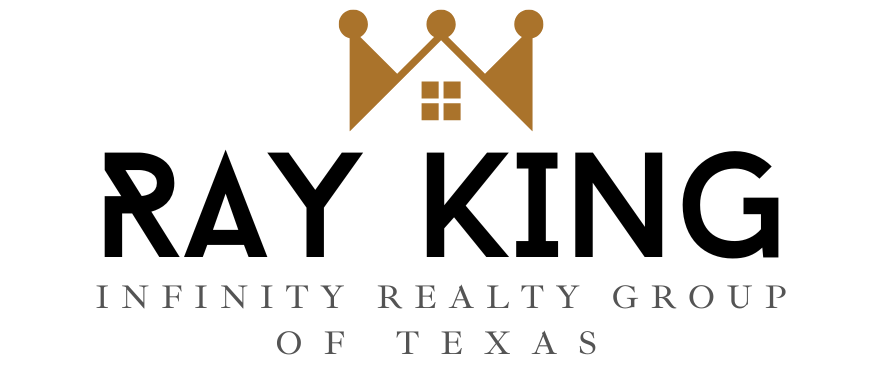Demystifying Mortgage Rates: What Homeowners Need to Know
Are you considering buying a home or refinancing your current mortgage? Understanding mortgage rates and related terms is crucial for navigating the complex world of homeownership. In this blog post, we'll break down some essential mortgage information to help you make informed decisions about your home loan.
1. Fixed-Rate vs. Adjustable-Rate Mortgages
Fixed-Rate Mortgage: With a fixed-rate mortgage, your interest rate remains the same throughout the entire term of the loan, providing stability and predictability in your monthly payments.
Adjustable-Rate Mortgage (ARM): An adjustable-rate mortgage, or ARM, has an interest rate that can fluctuate over time based on changes in market interest rates. While ARMs often start with lower initial rates, they can increase over time, resulting in higher payments.
2. Factors Affecting Mortgage Rates
Several factors can influence mortgage rates, including:
Credit Score: A higher credit score typically results in lower mortgage rates, as it demonstrates a lower risk to lenders.
Loan Term: Shorter loan terms generally have lower interest rates compared to longer terms, although monthly payments may be higher.
Market Conditions: Economic factors such as inflation, unemployment rates, and the Federal Reserve's monetary policy can impact mortgage rates.
3. Understanding Loan Terms
Principal: The original amount of money borrowed through a mortgage loan, excluding interest and other fees.
Amortization: The process of gradually paying off a mortgage loan over its term through regular payments, which include both principal and interest.
4. Additional Costs and Fees
In addition to mortgage rates, homebuyers should be aware of other costs and fees associated with obtaining a mortgage, including:
Closing Costs: Expenses incurred during the closing process, such as appraisal fees, title insurance premiums, and attorney fees.
Private Mortgage Insurance (PMI): Insurance required by lenders for borrowers who make a down payment of less than 20% of the home's purchase price.
5. Tips for Getting the Best Mortgage Rate
Improve Your Credit Score: Work on improving your credit score before applying for a mortgage to qualify for lower interest rates.
Shop Around: Compare mortgage rates and terms from multiple lenders to find the best deal for your financial situation.
Consider Points: Paying points upfront to lower your interest rate can be beneficial if you plan to stay in your home for a long time.
Conclusion
Navigating the world of mortgage rates and terms can be overwhelming, but understanding the basics can help you make informed decisions about your home loan. By considering factors such as fixed vs. adjustable rates, credit scores, and additional costs, you can find the right mortgage for your needs and budget. Remember to shop around, ask questions, and seek advice from trusted professionals to ensure a smooth and successful homebuying or refinancing experience.
